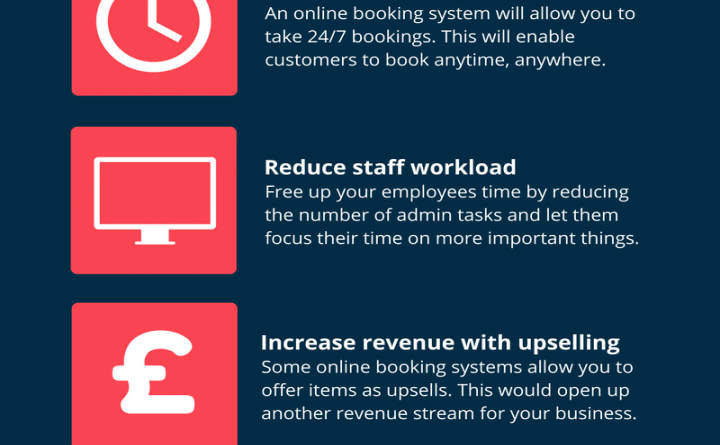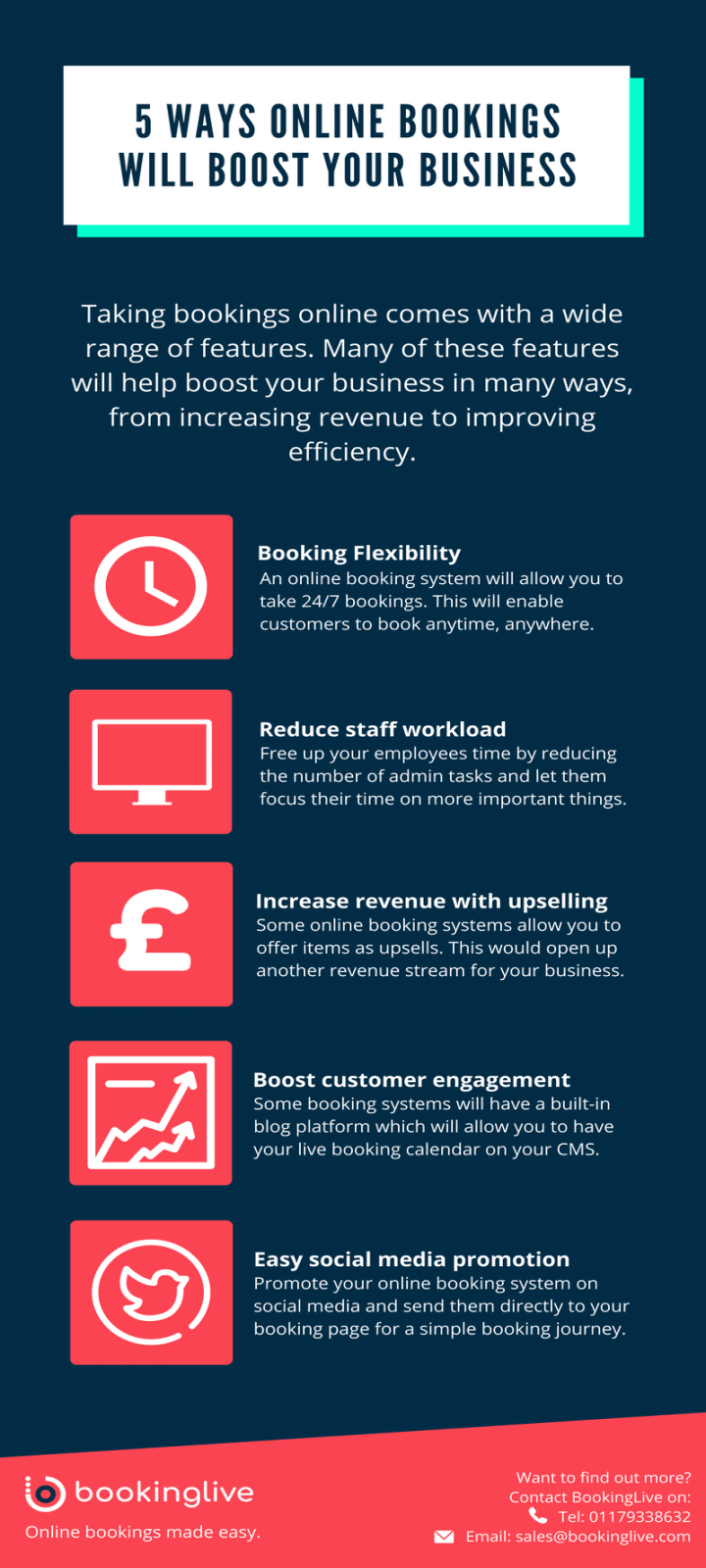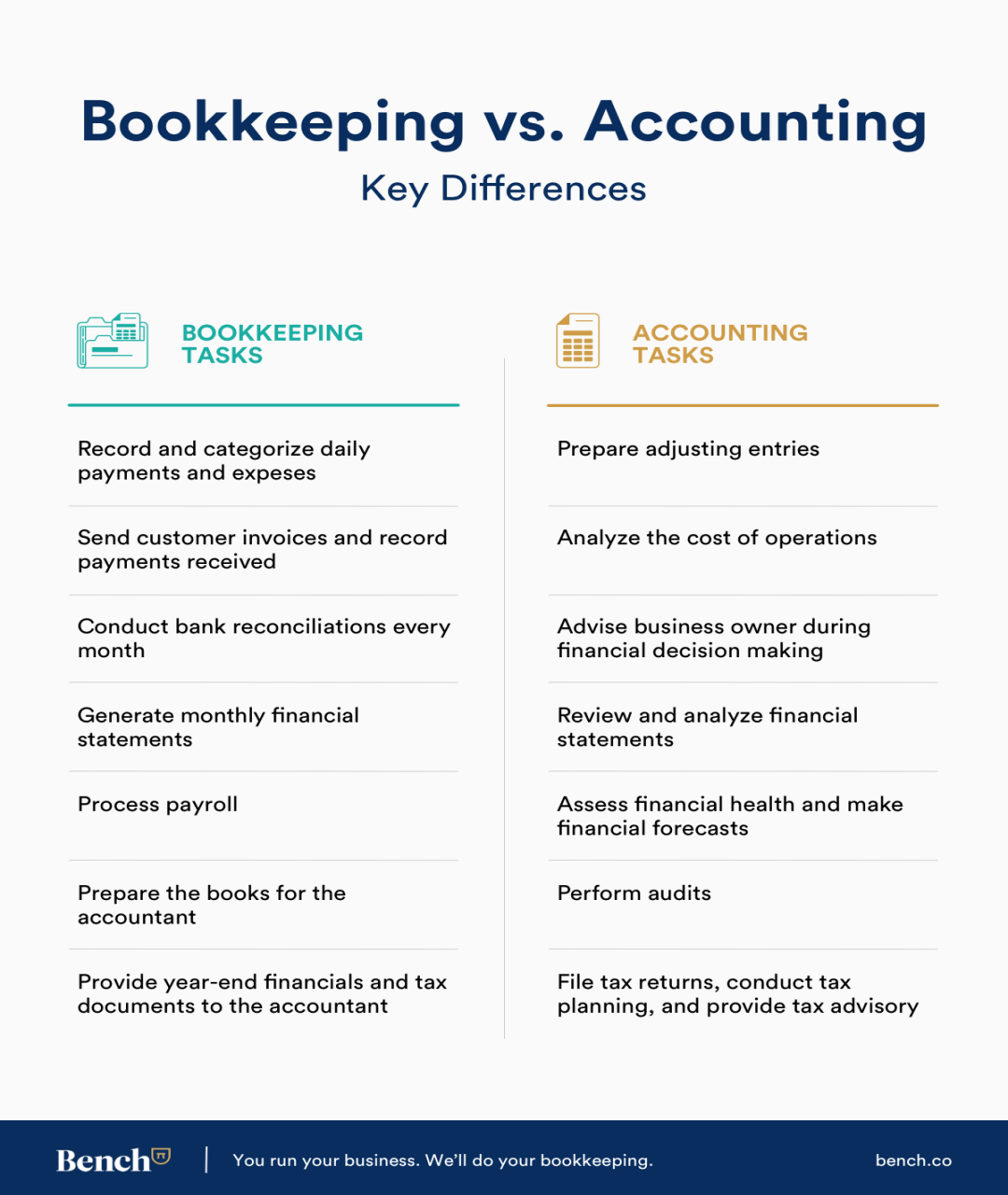
The ABCs of Business: Book of Business vs. Bookings
In the world of business, there are many terms and concepts that can be confusing or easily misunderstood. One such pair of terms that is often mixed up or used interchangeably are book of business and bookings. While they may sound similar, they actually have distinct meanings and play different roles in the success of a company.
Let’s start by understanding what exactly a book of business is. A book of business refers to the list of clients or customers that a company has built up over time. This list includes all current and past clients, along with any potential leads or prospects that the company is in communication with. Essentially, a book of business represents the relationships that a company has established with its clients and the potential for future business with them.

On the other hand, bookings are a more immediate and tangible measure of a company’s success. Bookings refer to the actual sales or transactions that a company has closed within a specific period of time. This could include sales of products, services, or contracts that have been finalized and are ready to be fulfilled. Bookings are a key indicator of a company’s current revenue and financial health, as they represent the actual money that has been brought in through sales.
So, what is the distinction between a book of business and bookings? While both terms are related to the sales and client relationships of a company, they serve different purposes and provide different insights into the company’s performance. A book of business is more focused on the long-term relationships and potential future revenue that a company can generate from its clients, while bookings are a more immediate measure of the company’s current sales and revenue.
Understanding the difference between a book of business and bookings is crucial for businesses to effectively manage their sales and client relationships. By maintaining a strong book of business, companies can ensure a steady stream of potential revenue from existing clients and prospects. On the other hand, tracking bookings allows companies to monitor their current sales performance and make adjustments to their strategies as needed to meet revenue goals.

In conclusion, while the terms book of business and bookings may sound similar, they have distinct meanings and serve different purposes in the world of business. By understanding the difference between the two, companies can better manage their client relationships and sales performance, ultimately leading to greater success and growth. So, next time you hear someone talking about their book of business or bookings, you’ll know exactly what they’re referring to and how each plays a vital role in the success of a company.
Understanding the distinction between a book of business and bookings
Unraveling the Mystery: What’s the Difference?
When it comes to the world of business, there are often terms and concepts that can be confusing or easily misunderstood. One such pair of terms that are frequently used interchangeably but actually have distinct meanings are book of business and bookings. Understanding the difference between these two terms is crucial for anyone involved in sales, marketing, or business operations. So, let’s unravel the mystery and delve into the nuances of these concepts.
First, let’s start with the book of business. A book of business refers to a list or database of all the clients or customers that a business has worked with or currently serves. This includes details such as their contact information, purchasing history, preferences, and any other relevant data. Essentially, a book of business is a comprehensive record of all the relationships that a company has established over time. This is a valuable asset for any business as it represents the foundation of their revenue stream and provides insights into customer behavior and patterns.
On the other hand, bookings refer to the actual sales or transactions that a business has secured within a specific period of time. This can include orders placed, services rendered, or contracts signed. Bookings are a measure of a company’s short-term performance and can indicate how well they are converting leads into actual revenue. While bookings are a crucial metric for assessing sales performance, they do not necessarily capture the full scope of a company’s client base or long-term relationships.
So, why is it important to distinguish between a book of business and bookings? Well, understanding the difference between these two terms can help businesses make more informed decisions and develop more effective strategies. For example, by analyzing their book of business, a company can identify trends, opportunities for upselling or cross-selling, and areas for improvement in customer satisfaction. This can lead to more targeted marketing campaigns, better customer retention, and ultimately, increased revenue.
On the other hand, focusing solely on bookings may result in a short-sighted approach that neglects the long-term value of cultivating relationships with clients. By maintaining a strong book of business, businesses can foster loyalty, build trust, and create a network of repeat customers who will continue to generate revenue over time. This can provide stability and sustainability for a company, even during periods of fluctuating sales or market conditions.
In conclusion, while both a book of business and bookings are essential components of a successful business strategy, they serve different purposes and should be viewed as complementary rather than interchangeable. By understanding the distinction between these two concepts, businesses can unlock their full potential, capitalize on opportunities, and build a strong foundation for long-term growth. So, next time you hear someone talking about their book of business or bookings, you’ll know exactly what they’re referring to and why it matters.
What Is The Difference Between Book Of Business And Bookings





